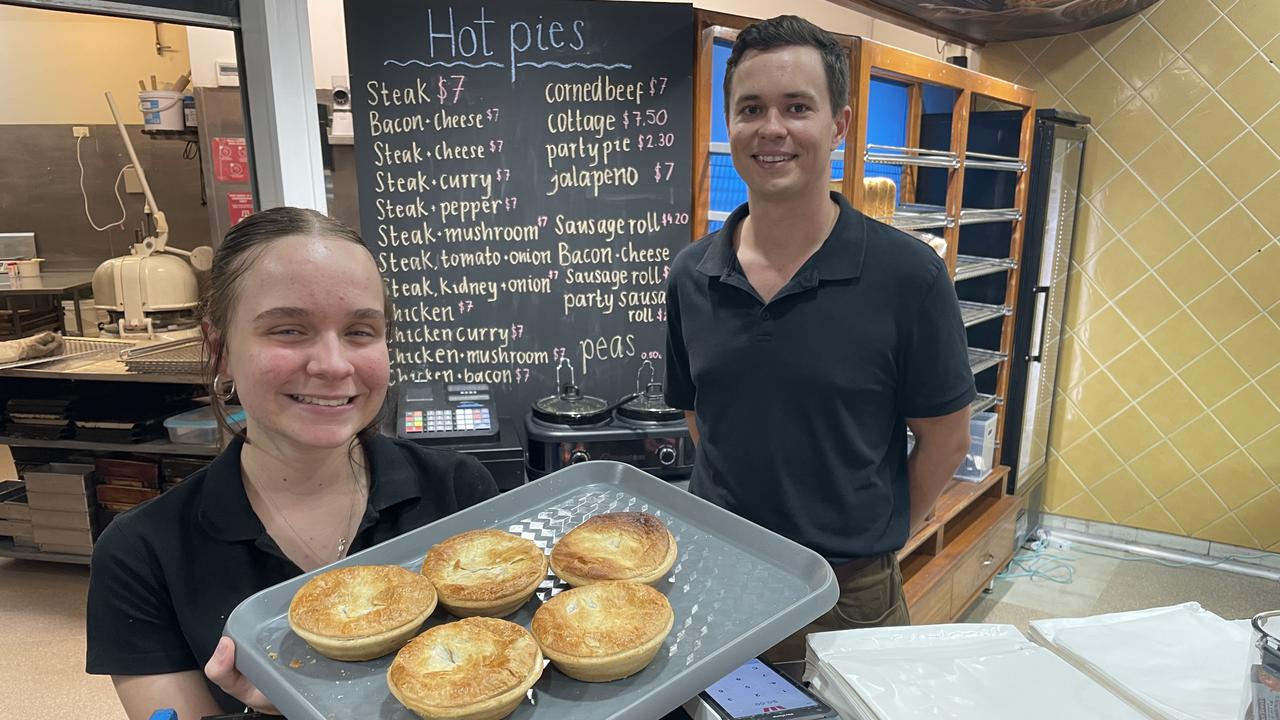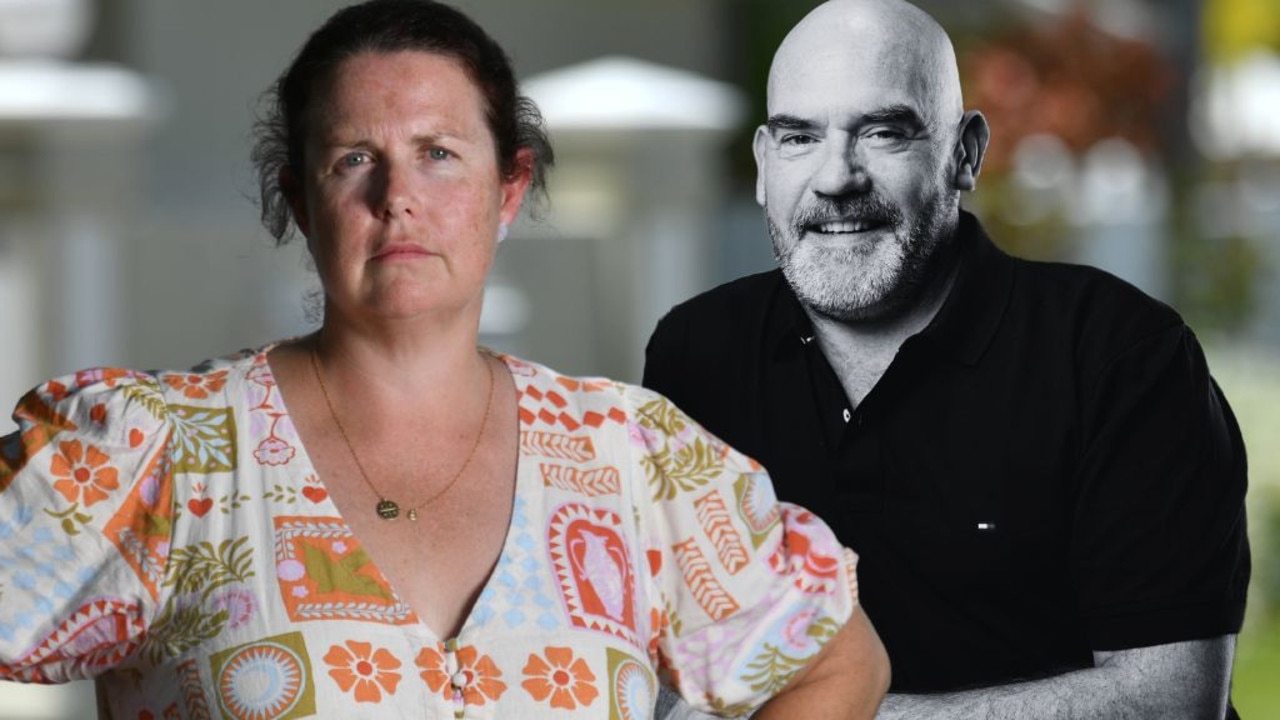‘Go with your conscience’: Indigenous leaders debate the Voice to Parliament at JCU event
The Indigenous Voice to Parliament was at the centre of a recent JCU panel. See what Indigenous leaders had to say.
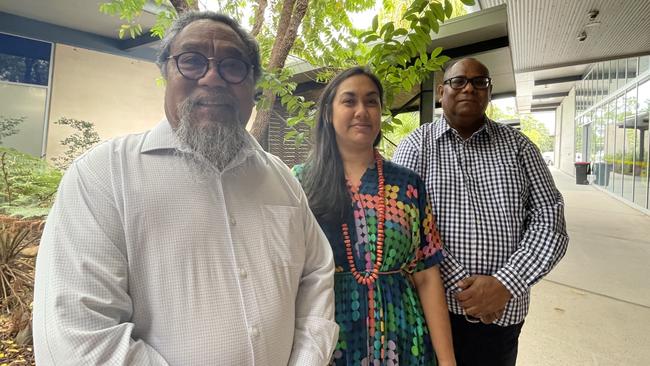
Townsville
Don't miss out on the headlines from Townsville. Followed categories will be added to My News.
When JCU academics gathered on the lawn outside the Eddie Koiki Mabo library, their debate over the Indigenous Voice to Parliament boiled down to one question - how useful is a powerless voice?
For all four panel speakers the answer was ‘useful enough to vote yes’.
Yarrabah Aboriginal Shire Council Mayor Ross Andrews was one of the speakers invited to the James Cook University event.
“We know the data is going in the wrong direction,” Mr Andrews said of Indigenous welfare statistics.
“We cannot go on for another 100 to 200 years like this.”
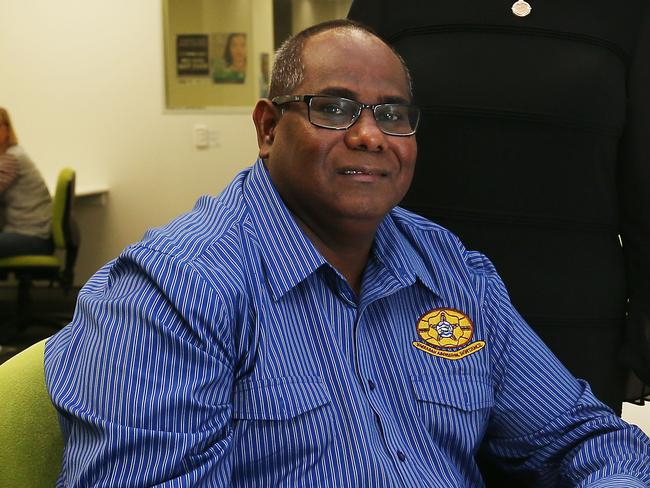
Associate Professor Sana Nakata said there was been a lot of legal and technical discussion about the Voice, and now it was time for public debate.
“The Voice is really about creating a connective tissue between Canberra and regional communities,” Ms Nakata said.
“We’ve had voices before, but never one that cannot be undone by the next government.”
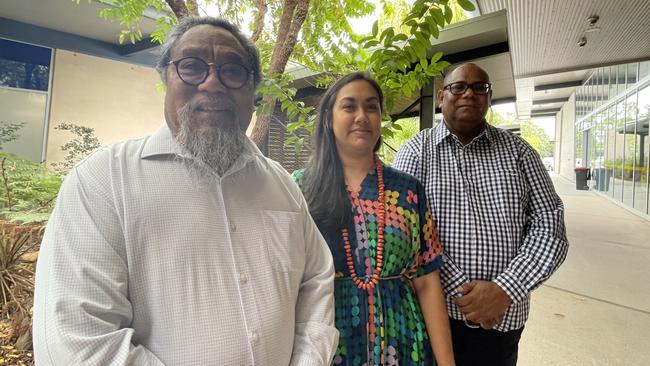
Past ‘voices’ include the NAC of the Whitlam government, NACC of Fraser, ASIC of Hawke and the National Congress of Australia’s First Peoples which started in 2010 and ended in 2019.
All were advisory groups staffed by Indigenous people, but all were eventually dismantled.
Foundation for Aboriginal and Islander Research Action chairman Les Malezer said none of these groups created real change, and the Voice would be no different, despite the fact it would be permanent unless another referendum vote removes it.
“Everyone believes having an advisory body in government will improve things - where have you been the last 50 years?” Mr Malezer asked the panel during question time.
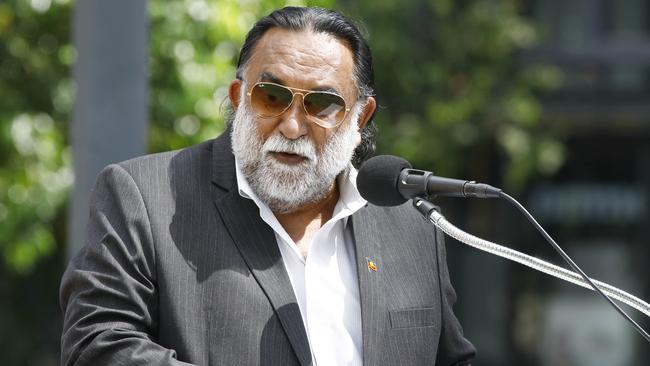
The Voice to parliament is thought by some to be so middle-of-the-road, that Indigenous rights advocates such as Mr Malezer are voting no because it’s not enough.
“I’m not saying ‘everyone should vote no’, I’m just saying the referendum is a diversion to nothing,” Mr Malezer said.
Professor Nakata said she understood the desire for real power and autonomy.
“The idea that the state can insert itself into our decisions and communities … that is unfair and frustrating, but it’s also the reality. This government is going to keep making decisions about us, that’s the law,” Professor Nakata said.
“But we know policy failure in our space (Indigenous issues) is not happening in the communities, but in the breakdown between community and the government.”
Professor Bronwyn Fredericks said she’s personally spoken with communities, taken their advice back to the Queensland government, and seen their recommendations completely dismissed.
“And these are recent reports I was working on,” Professor Fredericks said.
“We are currently locked in a dance … until we get to the next minister, or things are scrapped again.”
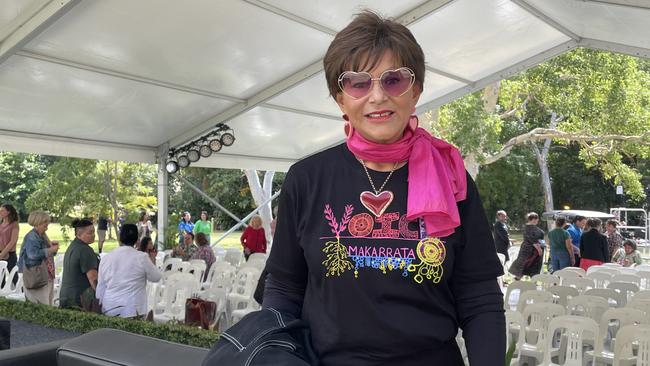
Professor Fredericks was fresh from a trip to Canada and said Australia is the only Commonwealth country without a treaty.
“Don’t get caught in the politics of deflection,” she said.
“When you’re in that ballot box, and you’re alone, go with your conscious.”
Mr Andrews said once the Voice was enshrined “the treaty and the truth will follow”.
“Assuming the referendum is successful, there are guidelines for how we elect local representatives on the Voice. It has to be community lead, from cultural authority,” Mr Andrews said.
Professor Martin Nakata said James Cook University would continue to have open discussions about the Voice until the vote.
“There is a lot of confusion and anxiety in the country about this,” Dr Nakata said.
“But are we actually arguing to maintain the status quo?”
The Indigenous Voice to Parliament is the first part of the 2017 Uluru Statement from the Heart, which called for three things: “Voice, Treaty and Truth”.
Dr Nakata pointed out a unifying factor.
“We are all in fierce agreement about one thing - that what we have today doesn’t work,” he said.
“So bear that in mind when you put pen to paper.”
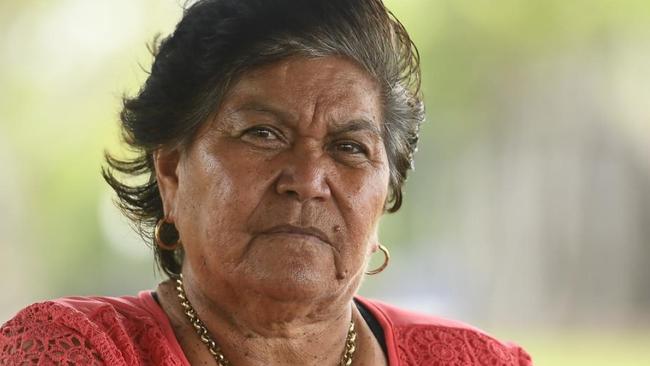
Gracyln Smallwood
“People ring me up saying ‘how are you going to vote, we’ll copy you’. Jesus don’t follow me yet because I’m on the highway to hell, I don’t know what the damn thing is about … I was confused right up to yesterday, then I remembered after the 1967 referendum when Australia voted for us, I walked into a hospital to apply for a job the next day and proudly said for the first time I am an Aboriginal … we have absolutely bugger all to empower us towards self-determination right now. We have to work with what we have folks.”
More Coverage
Originally published as ‘Go with your conscience’: Indigenous leaders debate the Voice to Parliament at JCU event




